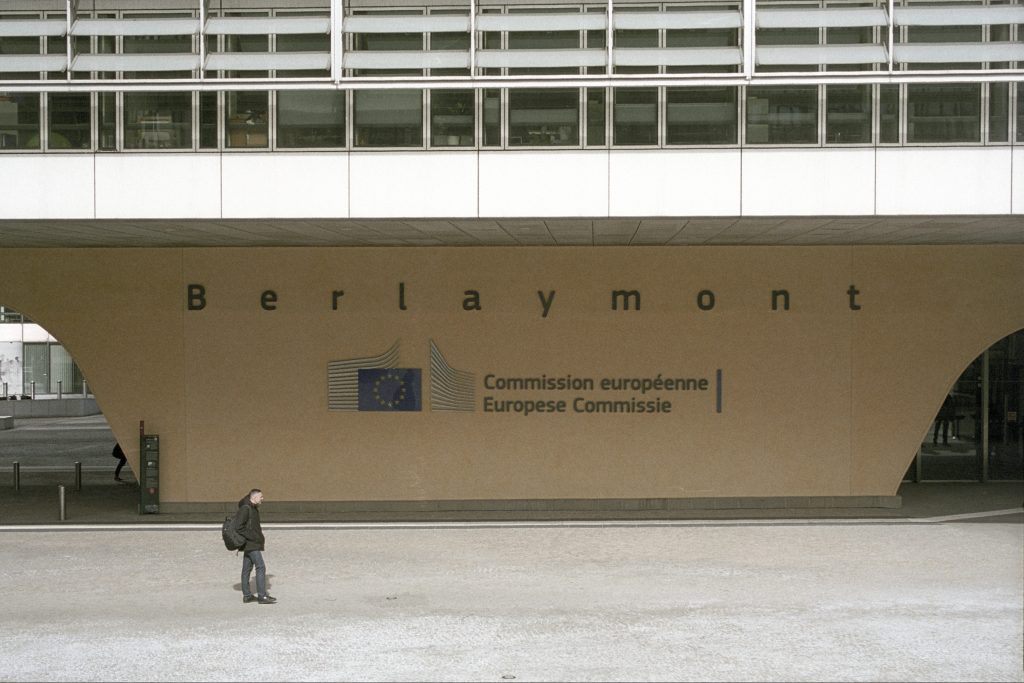Once again, the SEC has reminded the market that clever accounting is no substitute for actual compliance.
On March 14, 2025, the SEC filed a complaint against Glen Leibowitz, a licensed CPA and former CFO of Acreage Holdings.
This action indicates the agency is not only targeting individual misconduct but also reinforcing a broader warning: that cosmetic adjustments to balance sheets, however artfully disguised, remain firmly within its crosshairs.
The case centers on a textbook example of a round-trip transaction: $4.2m briefly shuffled between related entities to embellish Acreage’s year-end cash position, then quietly returned days later.
According to the SEC, the maneuver lacked any genuine economic substance and was deliberately misrepresented in both the company’s internal records and its external audit disclosures.
Acreage’s cross-border footprint
Acreage Holdings, incorporated in British Columbia and headquartered in New York, operated as a cross-border reporting company with securities listed in both Canada and the United States.
At the time in question, its subordinate voting shares traded on the Canadian Securities Exchange and were quoted on the US over-the-counter marketplace OTCQX, placing it squarely within the jurisdiction of US securities law. The company’s complex structure reflected the broader trend of cross-listed firms navigating dual compliance regimes.
Setting the stage
Acreage Holdings operated its business through a mix of subsidiaries and independent entities, companies with close ties but outside its corporate ownership structure and therefore excluded from its consolidated financial reporting.
One such affiliated entity had longstanding contractual arrangements with Acreage, including a services agreement under which Acreage provided operational support, employee training, and financial oversight, as well as a line of credit.
From 2016 to 2019, Acreage allowed debts under this agreement to accumulate without demanding repayment, effectively deferring financial obligations.
By late 2019, Acreage faced mounting pressure to improve its cash position ahead of year-end reporting. Internal emails show executives were increasingly concerned about weak cashflow compared to competitors, a red flag in a capital-constrained industry.
With a shortfall looming, management explored ways to bolster the year-end balance sheet.
One option was to seek partial repayment from an affiliated entity that owed over $6m. A $1.5m interest payment seemed feasible, pending board approval. But as the talks progressed, this legitimate solution was soon overshadowed by a faster and far more questionable alternative.
Fraudulent round-trip cash transfer
According to the SEC, Glen Leibowitz, then CFO of Acreage Holdings, played a key role in a scheme to inflate the company’s year-end cash balance through a round-trip transfer with an affiliated entity. In late December 2019, over $4.2m was wired into Acreage’s account with the understanding it would be returned days later, giving the appearance of stronger liquidity in year-end financial statements.
The SEC alleges that Leibowitz coordinated the transfer, directed staff on how to record it, and misrepresented it as a “capital call,” despite there being no legitimate basis for this. Internal concerns were raised, but according to the complaint, Leibowitz continued to approve the transaction and included the boosted figure in investor materials.
The funds were returned on January 3, 2020, just days after the fiscal year closed. The SEC claims the transaction lacked economic substance and was designed to mislead auditors and investors.
False journal entries
The SEC further alleges that Acreage, under the direction of the CFO, falsified journal entries to conceal the true nature of a $4.2m round-trip cash transfer. Initially, it was recorded as a debt payment, then as a short-term loan.
Leibowitz allegedly withheld key information from accounting staff and advised them to record the funds in a way that would avoid auditor scrutiny.
After internal concerns were raised and the issue reached the board, Leibowitz allegedly misled a director about the nature of the transfer. A third journal entry then was made, backdating the return of funds to December 31, 2019, three days before it actually occurred.
While this adjustment removed the transfer from Acreage’s reported year-end balance, the SEC claims it only happened under pressure and still failed to reflect the actual timeline of events.
According to the SEC, Leibowitz also misled Acreage’s auditors about that year-end cash transfer, falsely describing it as a legitimate debt repayment. Leibowitz later repeated this account in writing and signed a management representation letter incorporating the false statements.
The SEC alleges that these misrepresentations excluded key facts that would have affected the auditor’s risk assessment and approach to Acreage’s financial reporting.
Regulatory actions
On January 10, 2025, the SEC instituted cease-and-desist proceedings against Acreage Holdings for violations of Section 13(b)(2)(A) of the Exchange Act, citing failures in maintaining accurate books and records. Acreage agreed to settle the matter by paying a $225,000 civil penalty and consenting to a cease-and-desist order, without admitting or denying the findings.
As part of the settlement, Acreage also undertook to cooperate fully with the SEC in related investigations and proceedings, including providing documents and making personnel available for interviews and testimony.
The SEC also filed a civil complaint against Glen Leibowitz in the US District Court for the Southern District of New York, marking the beginning of formal litigation. The case remains in its early stages, with the Commission seeking permanent injunctive relief, civil monetary penalties, and a conduct-based injunction.
Leibowitz is charged with violating Section 13(b)(5) of the Securities Exchange Act and Rules 13b2-1 and 13b2-2, which prohibit falsifying corporate books and records and making false statements to auditors. He is also accused of aiding and abetting Acreage’s violations of Section 13(b)(2)(A) of the Exchange Act.
Persistent weaknesses in financial oversight
The SEC’s enforcement actions against Acreage Holdings and its former CFO are a reminder of a persistent vulnerability in corporate governance: the concentration of power over books and records in the hands of a single executive.
The Acreage case, like many before it, shows that even with decades of regulatory guidance, too many companies still fail to design and enforce safeguards that prevent individuals from manipulating financial disclosures with limited oversight.
Paul Munter, the SEC’s Chief Accountant, underscored in 2023 that “management’s and auditors’ risk assessment processes are critical to the decisions regarding financial reporting and the effectiveness of internal control over financial reporting.”
This pattern is echoed in other recent enforcement matters. In the case of CIRCOR, the SEC charged former executive Nicholas Bowerman with deceiving auditors and falsifying records, aided by internal controls that failed to monitor activity across multiple business units.
Similarly, in a case against Portland General Electric, the SEC found that deficient accounting and disclosure controls contributed to $127m in derivatives trading losses that were neither properly identified nor properly recorded.
These cases point to a broader and ongoing concern: despite the regulatory clarity around financial controls, the failure to distribute accountability and ensure checks on financial authority remains a significant and costly risk.















